State University of New York Chancellor Jim Malatras on Sept. 9 announced that SUNY has secured five additional COVID-19 testing machines from Bio-Rad Laboratories allowing Upstate Medical University to enhance coronavirus testing capacity and frequency across SUNY’s 64 colleges and universities. The testing machines – which were purchased for a total of $100,000 by SUNY System Administration – will allow SUNY to process up to 15,000 additional pooled saliva or individual saliva tests per week, bringing SUNY’s overall weekly testing capacity to more than 120,000. One of the five machines will also allow Upstate Medical to conduct more wastewater testing for COVID-19.
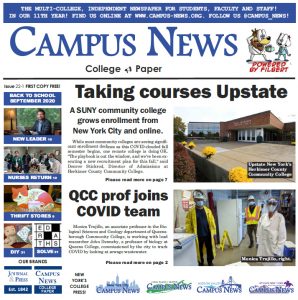
“Thank you to Governor Cuomo and his team for their quick action to expedite these much-needed machines to test for COVID-19 and to Bio-Rad Laboratories for their continued partnership with New York State throughout this crisis,” said Chancellor Malatras. “We are determined to arm Upstate Medical with the tools they need to maximize the game-changing testing program invented inside their labs. As the largest public system of higher education in the country, we have a tremendous responsibility to keep students, faculty, and staff safe across 64 campuses, and ongoing, aggressive testing is one of our strategies for doing so. The purchase of five additional testing machines to ramp up testing capacity and frequency is further proof that we are not resting on our laurels, and that we will continue to improve our virus prevention, response, and containment efforts. I must once again commend Dr. Mantosh Dewan and his team. Thanks to their innovation, our college leaders are getting a regular, accurate reading of the presence of the virus on their campus—vital information for preventing outbreaks and keeping our campuses open.”
Upstate Medical University Interim President Mantosh J. Dewan said, “SUNY Upstate Medical University is grateful for the support of Governor Cuomo, Chancellor Malatras, and the entire SUNY system in providing us the resources needed to strengthen and enhance our work in caring for our campuses and the greater community during this pandemic. These machines, which have been difficult to obtain, are an essential part of the process in finding the presence of COVID-19 and will enable us to greatly enhance our capacity for testing.”
In partnership with Bio-Rad Laboratories, Upstate Medical received four additional CFX96 Touch Real-Time PCR Detection System Modular thermal cycler platforms and one additional CFX384 Touch Real-Time PCR Detection System Modular thermal cycler platform to handle additional pooled surveillance, individual saliva, and wastewater testing.
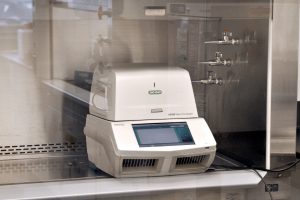 Onondaga County Executive Ryan McMahon said, “Thanks to the addition of five more COVID-19 testing machines, New York State is prepared better than ever to identify and respond to any potential outbreaks on SUNY campuses. Just as important, these additional machines will also help to rapidly identify any potential community spread that could come from an outbreak. Onondaga County and Central New York have consistently maintained an infection rate below one percent, even while bringing back tens of thousands of college students. I am confident that as we continue our fight with COVID-19, we will do so in safe, healthy, and responsible way. Congratulations to the entire SUNY team for their efforts to help keep our communities safe.”
Onondaga County Executive Ryan McMahon said, “Thanks to the addition of five more COVID-19 testing machines, New York State is prepared better than ever to identify and respond to any potential outbreaks on SUNY campuses. Just as important, these additional machines will also help to rapidly identify any potential community spread that could come from an outbreak. Onondaga County and Central New York have consistently maintained an infection rate below one percent, even while bringing back tens of thousands of college students. I am confident that as we continue our fight with COVID-19, we will do so in safe, healthy, and responsible way. Congratulations to the entire SUNY team for their efforts to help keep our communities safe.”
Chancellor Malatras visited Upstate Medical University Wednesday afternoon to check-in with President Dewan and discuss the additional testing capacity. His stop in Syracuse was preceded by a visit to SUNY Oswego, where he met with President Deborah Stanley to discuss strategies for containing COVID-19 following an uptick in cases on campus.
SUNY Oswego President Deborah H. Stanley said, “With the support of Chancellor Malatras and in partnership with SUNY Upstate Medical University, we are significantly increasing on-campus testing and will continue to administer saliva-based testing for the rest of the semester as we move from baseline testing to aggressive surveillance testing. Such continued testing will support our ongoing efforts to monitor and protect all members of the SUNY Oswego community. Testing is key in helping SUNY Oswego to identify COVID-19 on our campus so that we can begin care for those who test positive and take swift action to limit the spread to others.”
Oswego Mayor William J. Barlow said, “I applaud Chancellor Malatras’ leadership and proactive, aggressive action by establishing additional COVID-19 testing machines to serve SUNY campuses, including SUNY Oswego. SUNY Oswego and the City of Oswego have and will continue to work together to protect the Oswego community from COVID-19 and Chancellor Malatras’ efforts and visit today demonstrates just how committed we all are to protecting our students, faculty, and community as we continue through the fall semester and beyond. I appreciate the strong partnership and look forward to continuing to work with Chancellor Malatras and President Stanley moving forward.”
Chancellor Malatras’ stops at SUNY Oswego and Upstate Medical today mark his tenth and eleventh campus visits since his appointment on Friday, August 22.
Recent breakthroughs in both pooled surveillance testing and saliva diagnostic testing at Upstate Medical have exponentially increased coronavirus testing capacity for the entire SUNY system.
The pooled testing allows for between 10 and 25 people to be screened in one test. The testing can be done using saliva swabs rather than by swabs inserted in a person’s nose. Individuals administer the tests themselves, swabbing their mouths for 10 or 15 seconds each, and provide the saliva samples to staff to be sent to Upstate Medical. Their samples are combined into one, which is tested for SARS-CoV-2 virus. A negative test means that all 10-25 people are presumed at the time to be coronavirus-free.
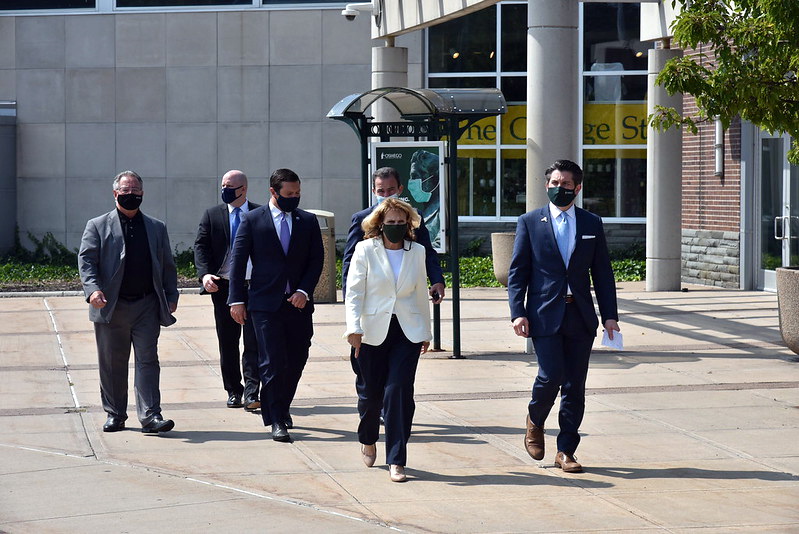 When a pool test comes back positive, the same saliva samples submitted for a pool can now be immediately tested individually. People within that pool do not need to come back in and submit a second sample. This greatly improves testing capacity and result turnaround time, which is crucial to tracking and isolating the virus.
When a pool test comes back positive, the same saliva samples submitted for a pool can now be immediately tested individually. People within that pool do not need to come back in and submit a second sample. This greatly improves testing capacity and result turnaround time, which is crucial to tracking and isolating the virus.
Testing is one component of Chancellor Malatras’ three-pronged approach to keeping campuses safe and open. The strategy includes: strict enforcement of safety protocols to minimize cases; routine, required surveillance testing to identify the presence of the virus; and transparent, case-count statistics that produce data-driven decisions that contain the spread of the virus when it does appear.
Sunday, SUNY launched its Case Tracker dashboard, which will provide a case count for SUNY and for individual campuses. The data will be reported by campuses every 24 hours and added to the dashboard daily. The dashboard also includes vital information on the different types of tests administered, daily and weekly test data, overall positivity rates, available quarantine and isolation space, and hospitalizations. The tracker is developing and will be augmented as new categories of data become available.



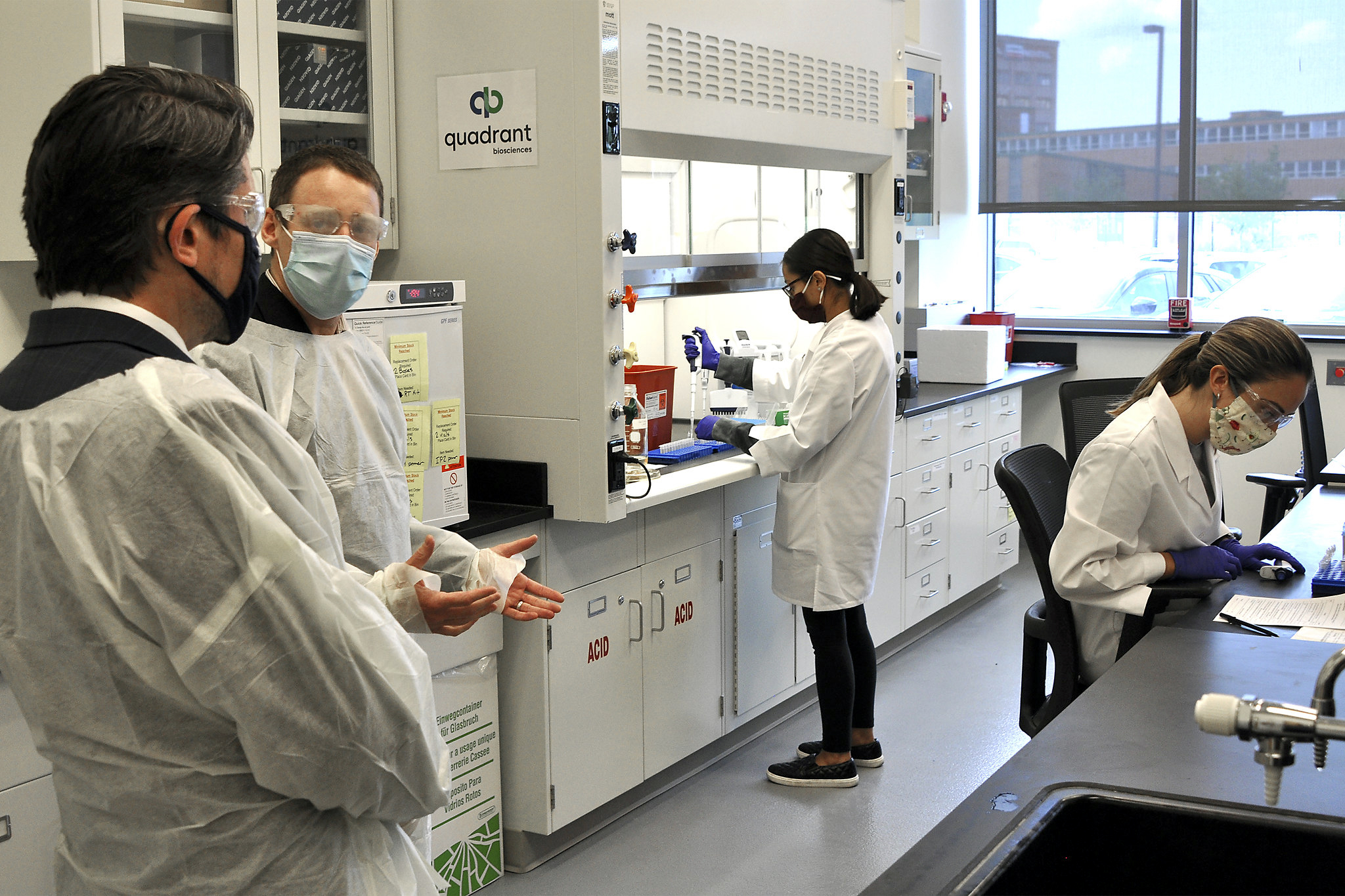
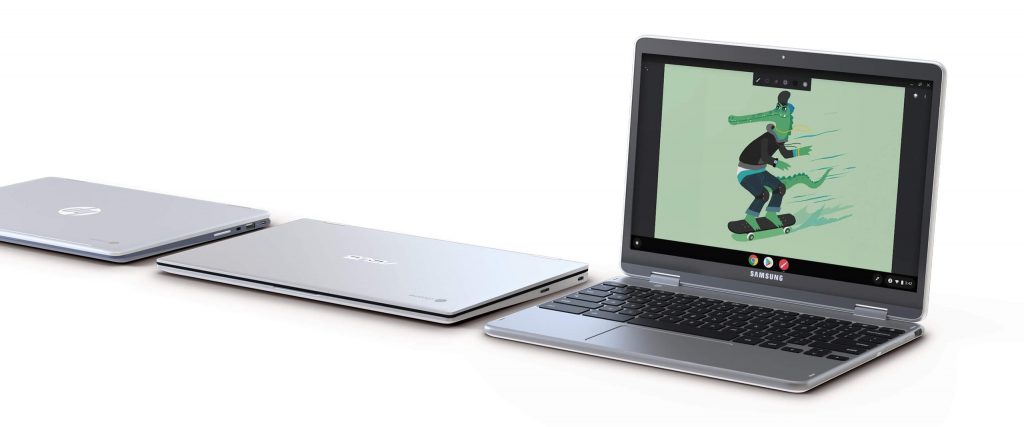
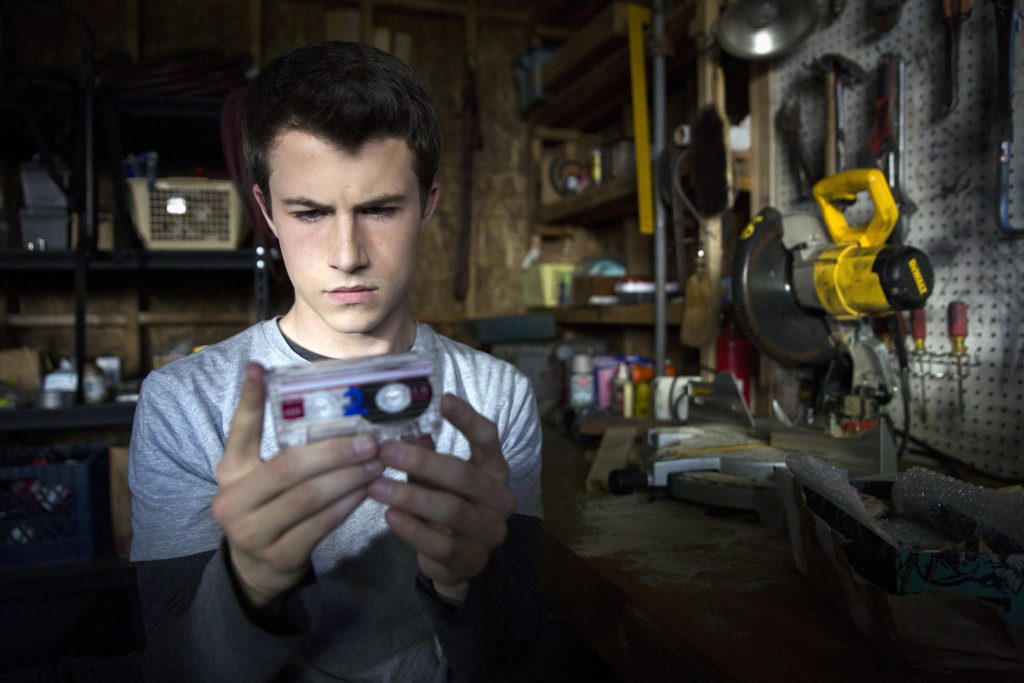
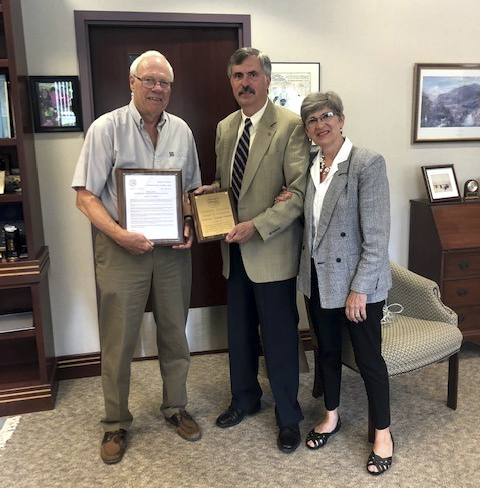
Facebook Comments